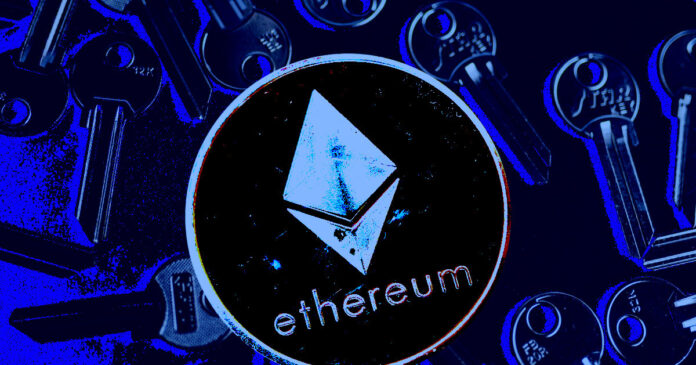Neeraj Agrawal, the Director of Communications at Coin Center, disagreed with the New York Attorney General’s (NYAG) recent assessment of Ethereum as a security.
“Coin Center will be monitoring the case and if there’s an opportunity to weigh in, we will.”
In support of this view, Agrawal linked a 2018 article arguing that there is a difference between “a token pre-sale and the token itself.”
Applicable securities laws use the Howey Test to determine whether a contract, scheme, or transaction meets the definition of a security. It focuses on resolving if investors paid money in a common enterprise with the expectation of profits from the efforts of others.
Although these rules date back to the 1930s, before computers and digital assets, specific cryptocurrencies and Initial Coin Offerings (ICOs) (or token pre-sales) have met the definition of an investment contract, according to regulators.
NYAG says Ethereum is a security
On March 9, the NYAG, Letitia James, filed a lawsuit against Seychelles-based exchange KuCoin, citing concerns over “falsely representing itself as an exchange.”
“Today’s action is the latest in our efforts to rein in shadowy cryptocurrency companies and bring order to the industry.”
James said she could trade cryptocurrencies on the exchange in New York, yet the entity was not registered in the state. Furthermore, the AG added that users could buy and sell “popular virtual currencies, including ETH, LUNA, and TerraUSD (UST), which are securities and commodities.”
Although the principal theme of the lawsuit centered on KuCoin operating illegally in New York, James categorically called out the trading of securities on the platform as a basis for operating illegally, not just failure to register.
This paves the way for Ethereum’s U.S. securities status to be determined in a court of law.
“This action is one of the first times a regulator is claiming in court that ETH, one of the largest cryptocurrencies available, is a security.”
The crypto community chimes in
Lawyer Jake Chervinsky dismissed James’ claims about Ethereum, saying the enforcement action is simply an unfounded allegation, albeit an allegation from a regulator.
“Agencies are like any other plaintiff: they can write whatever they want in a complaint. It may get some press, but it doesn’t change a thing.“
Similarly, Messari founder Ryan Selkis echoed Chervinsky’s comments, saying, “ETH is not a security.” However, Selkis did not provide his reasoning, only hinting at a coordinated attack against crypto, saying, “the administrative state is completely out of control.”
Meanwhile, as expected, Bitcoin maximalist Max Keiser opposed the previous consensus, praising regulators for “finally doing their job.”
“ETH is obviously a security. Now the regulators are finally doing their job. Shut this sh**show down, Gary!!!“
Credit: Source link























 Bitcoin
Bitcoin  Ethereum
Ethereum  XRP
XRP  Tether
Tether  Solana
Solana  USDC
USDC  Dogecoin
Dogecoin  Cardano
Cardano  Lido Staked Ether
Lido Staked Ether  TRON
TRON  Wrapped Bitcoin
Wrapped Bitcoin  Wrapped stETH
Wrapped stETH  Chainlink
Chainlink  Avalanche
Avalanche  Sui
Sui  Stellar
Stellar  Litecoin
Litecoin  Shiba Inu
Shiba Inu  Toncoin
Toncoin  Hedera
Hedera  LEO Token
LEO Token  USDS
USDS  Hyperliquid
Hyperliquid  Polkadot
Polkadot  WETH
WETH  MANTRA
MANTRA  Bitcoin Cash
Bitcoin Cash  Bitget Token
Bitget Token  Ethena USDe
Ethena USDe  Wrapped eETH
Wrapped eETH  Uniswap
Uniswap  Monero
Monero  NEAR Protocol
NEAR Protocol  Pepe
Pepe  WhiteBIT Coin
WhiteBIT Coin  Aave
Aave  Ondo
Ondo  Bittensor
Bittensor  Aptos
Aptos  Internet Computer
Internet Computer  Dai
Dai  Official Trump
Official Trump  Ethereum Classic
Ethereum Classic  Tokenize Xchange
Tokenize Xchange  Mantle
Mantle  OKB
OKB  Gate
Gate  sUSDS
sUSDS  Coinbase Wrapped BTC
Coinbase Wrapped BTC 
